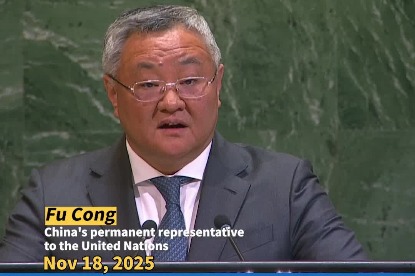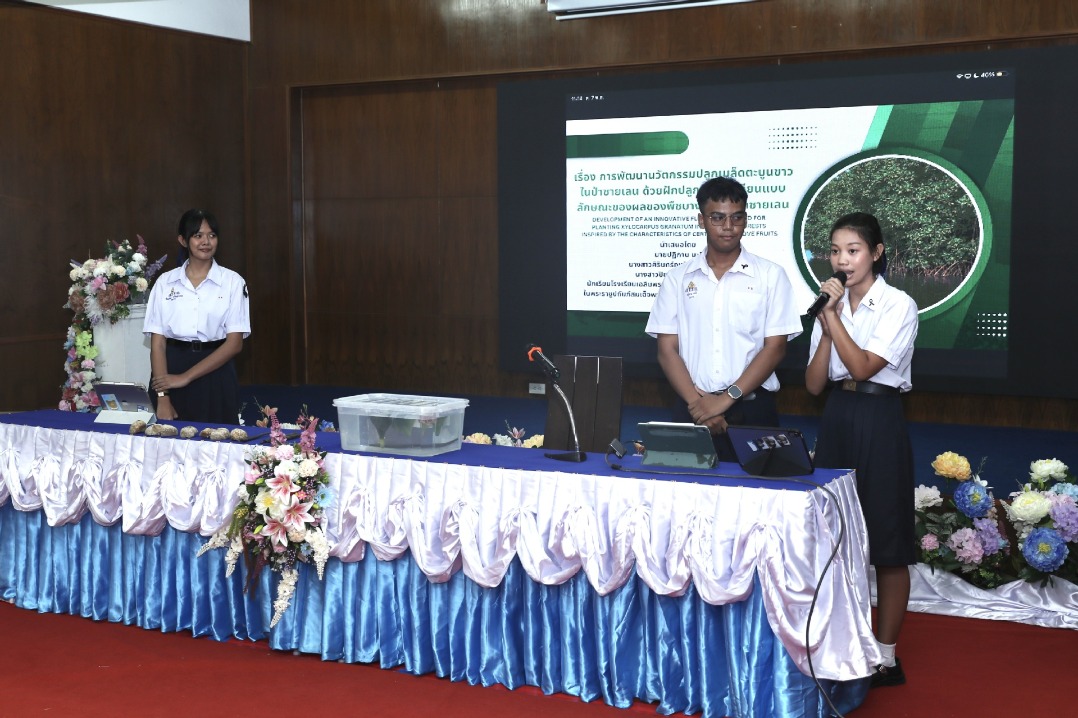Economist calls for trade multilateralism


IMF seeks efforts to avoid frittering away past gains in fragmented world
As geoeconomic fragmentation is increasingly becoming a reality, the world needs to protect economic cooperation and the multilateral trading system to avoid “an annihilation of the gains” from open trade that could result in another Cold War, a senior official of the International Monetary Fund said on Monday.
Speaking at the 20th World Congress of the International Economic Association in Medellin, Colombia, Gita Gopinath, first deputy managing director of the IMF, said national security concerns are shaping economic policies worldwide, and over the past five years, threats to the free flow of capital and goods have intensified as geopolitical risks have grown.
Those include measures such as tariffs or export restrictions, which directly target trade and investment, in addition to other behind-the-border measures that indirectly affect trade flows.
Last year alone, around 3,000 trade-restricting measures were imposed, nearly three times the number in 2019, according to the IMF official.
“While there are no signs of broad-based retreat from globalization, fault lines are emerging as geoeconomic fragmentation is increasingly a reality. If fragmentation deepens, we could find ourselves in a new Cold War,” she said.
Gopinath said that attempting at “de-risking” supply chains could potentially reverse nearly three decades of peace, integration and growth that helped lift billions out of poverty.
In its latest World Economic Outlook released in early October, the IMF predicted that global growth would fall from 3.5 percent in 2022 to 3 percent in 2023 and 2.9 percent in 2024.
“With the weakest global growth prospects in decades — and with disproportionate scarring from the pandemic and war slowing income convergence between rich and poor nations — we can little afford another Cold War,” she said.
Marketplace integration
Compared with the Cold War period, the degree of economic interdependence between countries now is higher, as economies have become much more integrated into the global marketplace and through complex global value chains, according to Gopinath.
“(Share of) global trade to GDP is now 60 percent compared to 24 percent during the Cold War. This will likely raise the costs of fragmentation,” she added.
Citing analyses by researchers in leading US institutions, including Princeton University and Columbia University, Gopinath said the trade restrictions imposed since the start of the US-China trade war in 2018 have “effectively” curbed Chinese imports.
China’s share of US imports has fallen by almost 10 percentage points in five years: from 22 percent in 2018 to 13 percent in the first half of 2023.
An IMF working paper on fragmentation in global trade, released in March, concluded that fragmentation-induced output losses can be “sizable”.
Global output losses are estimated to fall between 0.3 percent and 2.3 percent in the long run depending on the fragmentation scenario, with a more severe scenario incurring up to 7 percent GDP loss, according to the research conducted by Marijn A. Bolhuis, an IMF economist, and his two colleagues.
Gopinath said fragmentation would also inhibit the world’s efforts to address other global challenges that demand international cooperation. The breadth of those challenges — from climate change to AI — is immense.
“The first best solution, of course, is to avoid fragmentation. But, for the time being, this may be difficult to achieve,” she said. “We must work to avoid the worst-case scenario and protect economic cooperation in a more fragmented world.”
Among the ways out, the IMF official suggested a multilateral approach “at the very least” for areas of common interest.
For example, a green-corridor agreement could guarantee the international flow of minerals critical for clean energy transition. Similar agreements for essential food commodities and medical supplies could ensure minimum cross-border flows in an increasingly “shock-prone world”.
Such agreements would safeguard the global goals of averting climate change devastation, food insecurity, and pandemic-related humanitarian disasters, she said.
huanxinzhao@chinadailyusa.com
































